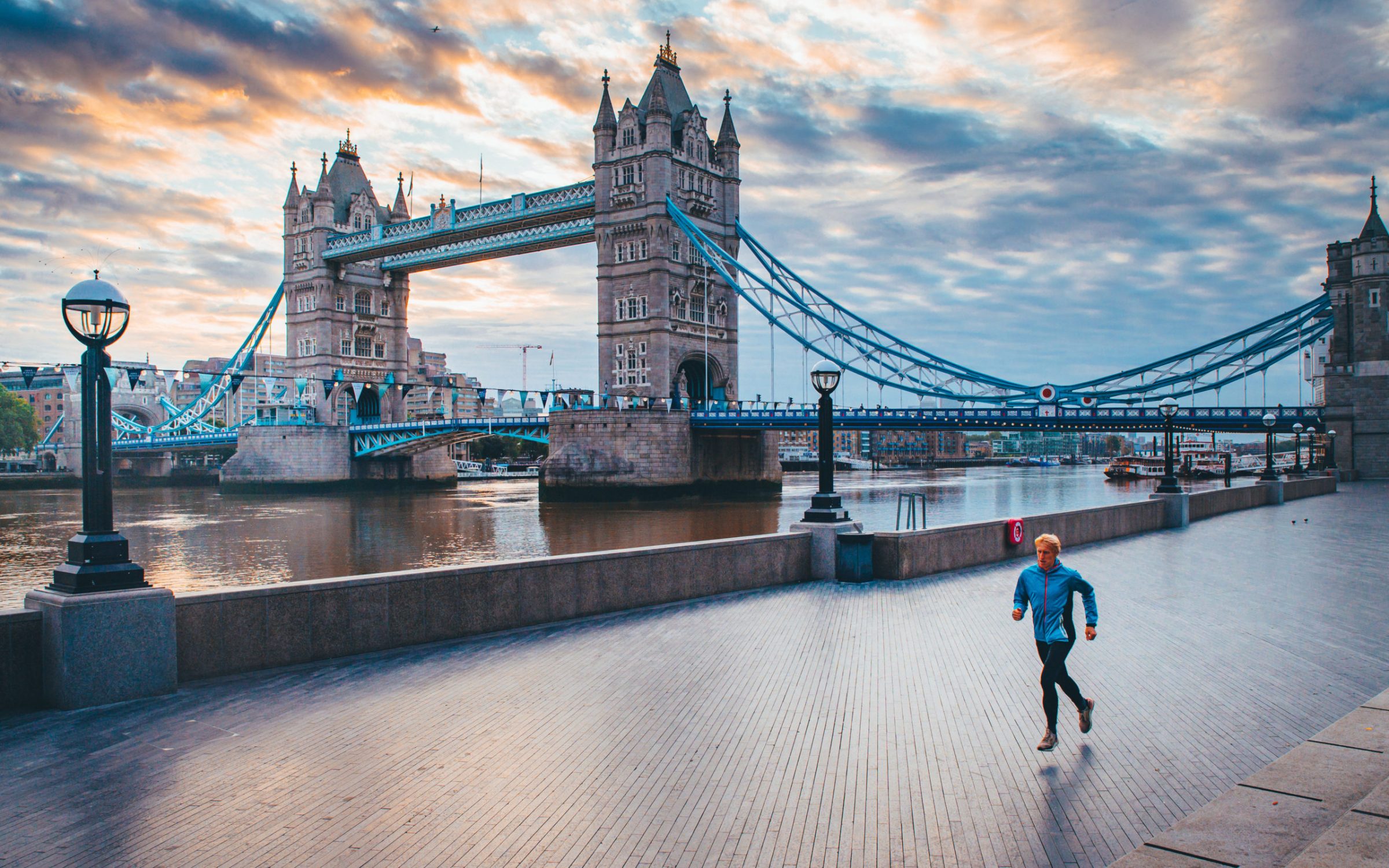Working as I do on matters of extremism, I’ve attended, and even delivered briefings and training sessions on the Incel (involuntarily celibate) movement – an online subculture of the sexually frustrated. Little did I know at the time, my own elected government would later turn me into one of them.
Earlier this week the Health Secretary Matt Hancock declared that new friends would not be able to hug as we stagger our way out of lockdown. Of course, the implications of this were clear to the hordes of people cooped up indoors getting horny on the timeline. Some were outraged (because that’s what we do now), others rolled their eyes and wished the government good luck stopping single people getting laid. Good luck indeed.
The real problem, however, is the insight it provides into the delusion that is currently gripping government. They may not be able to enforce such a rule, but for as long as the people drawing up the plans for how we live for the next year or so are in this fantasy world, whatever they come up with will have a big impact on all of us.
I felt a wave of anxiety when the Prime Minister first announced the three week lockdown, considering the isolation and damage to my work that would ensue, but I also completely recognised the necessity. Given how little we knew about the virus, a tactical retreat was completely in order. Now however, the principles behind that temporary retreat appear to be realigning behind a rather large social engineering experiment.
A misplaced belief that the risk can be totally eliminated (it probably can’t), or that we can just wait this out for a vaccine which is coming to save us soon (it probably isn’t) seems to be stifling serious consideration of the path ahead.
Those who raise doubts about these assumptions, or attempt to weigh the visible benefits against the hidden costs can find themselves accused of wishing death on the aged, just in case you thought a serious and clear eyed public debate on this historic challenge was taking place.
Others have pointed out the economic and other health costs, but what about quality of life? It was genuinely surprising to learn that Lord Sumption’s assertion that there’s “more to life than the avoidance of death” was so controversial. I thought we accepted this, wasn’t this what YOLO meant before it was cringe?
The idea that saving even one life justifies just about any measure in response is increasingly creeping into discourse, and is even reflected in the government’s strategy, but it is not a good basis for ordering a free society. After all, just imagine what incursions could be justified in the name of eradicating crime or terrorism – we accept certain risks for the freedoms that make life worth living.
For the countless among the millennial precariat confined into cramped flatshares across London, already forced by circumstance to extend adolescence well beyond its years, the next chapters of our lives are inching further out of sight by the day. The cost of waiting this out is lower for those with the various components of their life in place, but for the young who have barely had a chance to get started in life as it is, the costs are considerably higher.
I doubt that many my age will want another 10-15 years of debt, swiping left or right and bouncing around SpareRoom, but this will be the length of the social hangover if we blunder the next steps. The number of people who may miss out on the opportunity to find a partner, start a family or own their own home altogether is a crushing prospect. This sounds self-centred to some, but accepting the inevitability of at least some danger allows these real calculations to be made.
The risk is not going to be eliminated anytime soon, managing us into facing this thing down may be the only way forward. So let me turn the accusations of selfishness on their head: let the young out. Let us shoulder the risk and let us start to build up immunity, get the economy going and start building the Britain of the future on everyone else’s behalf. The confinement is miserable enough, without us losing hope of who we wanted to be tomorrow as well.




